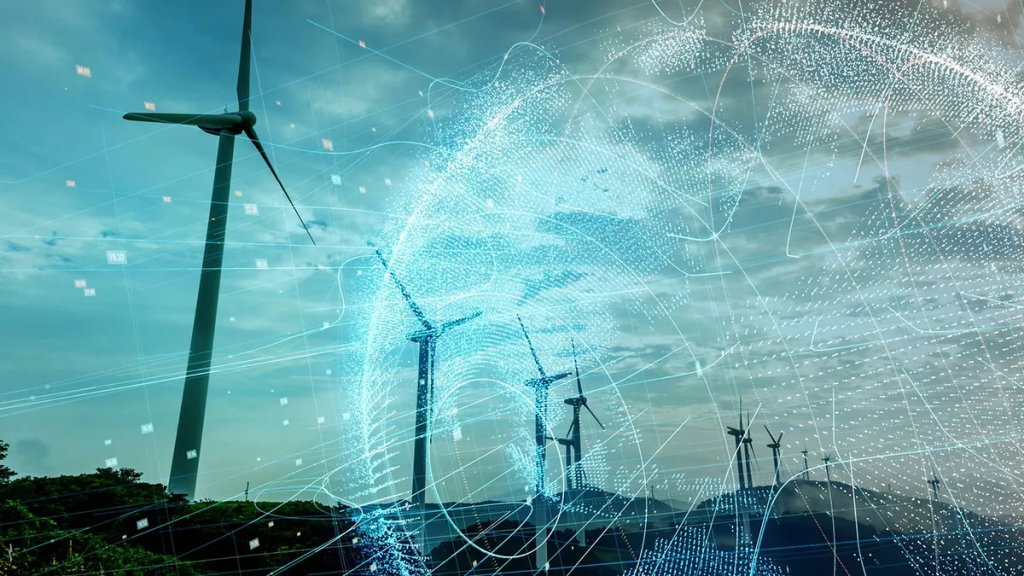(…) the Iberian Peninsula has one of the cleanest electricity mixes in Europe. Renewables will account for 62% of the electricity generated in 2024.
However, (…) there are reasons to believe that this growth in renewables may not be enough to feed the infrastructure of another transition: digital. (…) the energy cost of AI could be equivalent to the consumption of a country like the Netherlands or Sweden.
Will there be enough renewable energy to power them, and at what cost to the environment, populations and landscapes?
Portugal and Spain are well on track for the Energy Transition. Recent reports, such as the one by the think tank Ember, show that the Iberian Peninsula has one of the cleanest electricity mixes in Europe. Renewable energies will account for 62% of the electricity generated in 2024. With the closure of coal and gas plants, fossil fuels now account for less than 20% of the electricity generated.
Favorable policies, the investment of large companies in large-scale wind and solar power plants, but also in recent years the growth of self-consumption and shared forms of energy generation (energy cooperatives, energy communities), help to explain this success story.
However, there is reason to believe that this growth in renewables may not be enough to feed the infrastructure of another transition: the digital one. If the growing dematerialization of processes and products already required increasing energy consumption to run computers, servers, cable networks and other electronic equipment, the emergence of generative artificial intelligence (Big Language Models) and its application in the most diverse fields, including the home, has magnified this consumption. Estimates vary widely, but the energy cost of AI could be equivalent to the consumption of a country like the Netherlands or Sweden.
Much of this energy consumption takes place in data centers, which are also large consumers of water and other resources (rare earths), as well as having a considerable impact on the landscape. To power these data centers, companies started talking about increasing the use of renewable energies, but in view of their huge needs, the discourse has shifted towards the reopening of nuclear or gas-fired power plants and the use of technologies that do not yet exist, such as nuclear fusion or small modular reactors.
Both Portugal and Spain have plans to expand their data center industry. In Spain, Microsoft plans to expand the three centers it already has in Madrid and build three new ones in Aragon; Amazon is also increasing the power of its three centers in that region; Meta is building a large data center in Talavera de La Reina. In Portugal, Sines was the site chosen by Start Campus to build what would be one of the largest data centers in Europe at the time of the project, despite significant environmental impacts.
Given the energy voracity of these infrastructures, will there be enough renewable energy to power them?, and at what cost to the environment, populations and landscapes? More research is needed on this topic.


